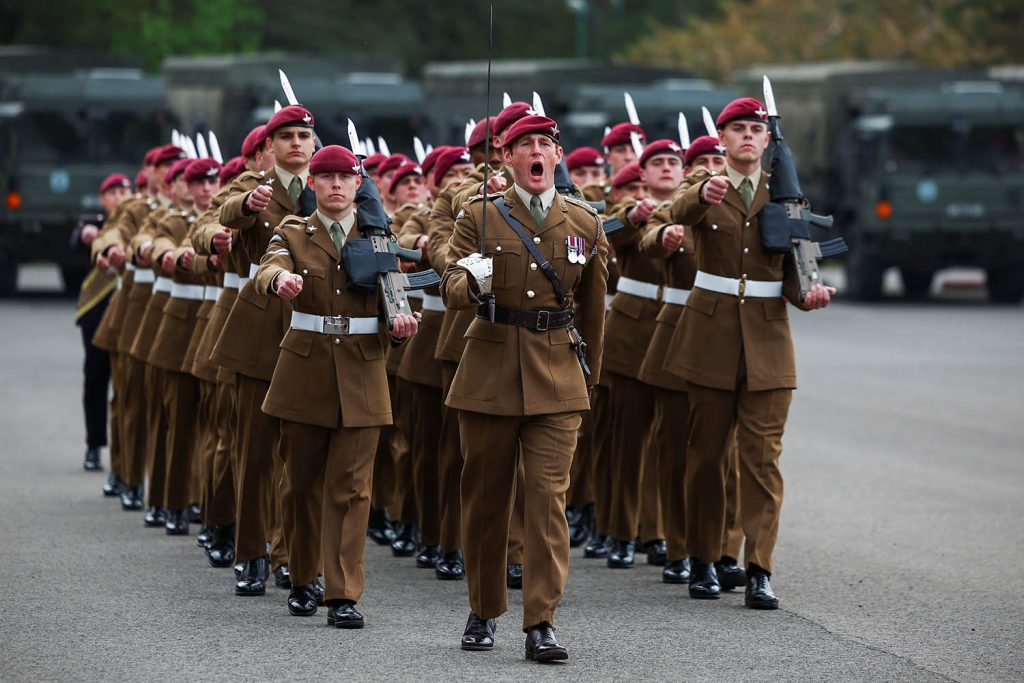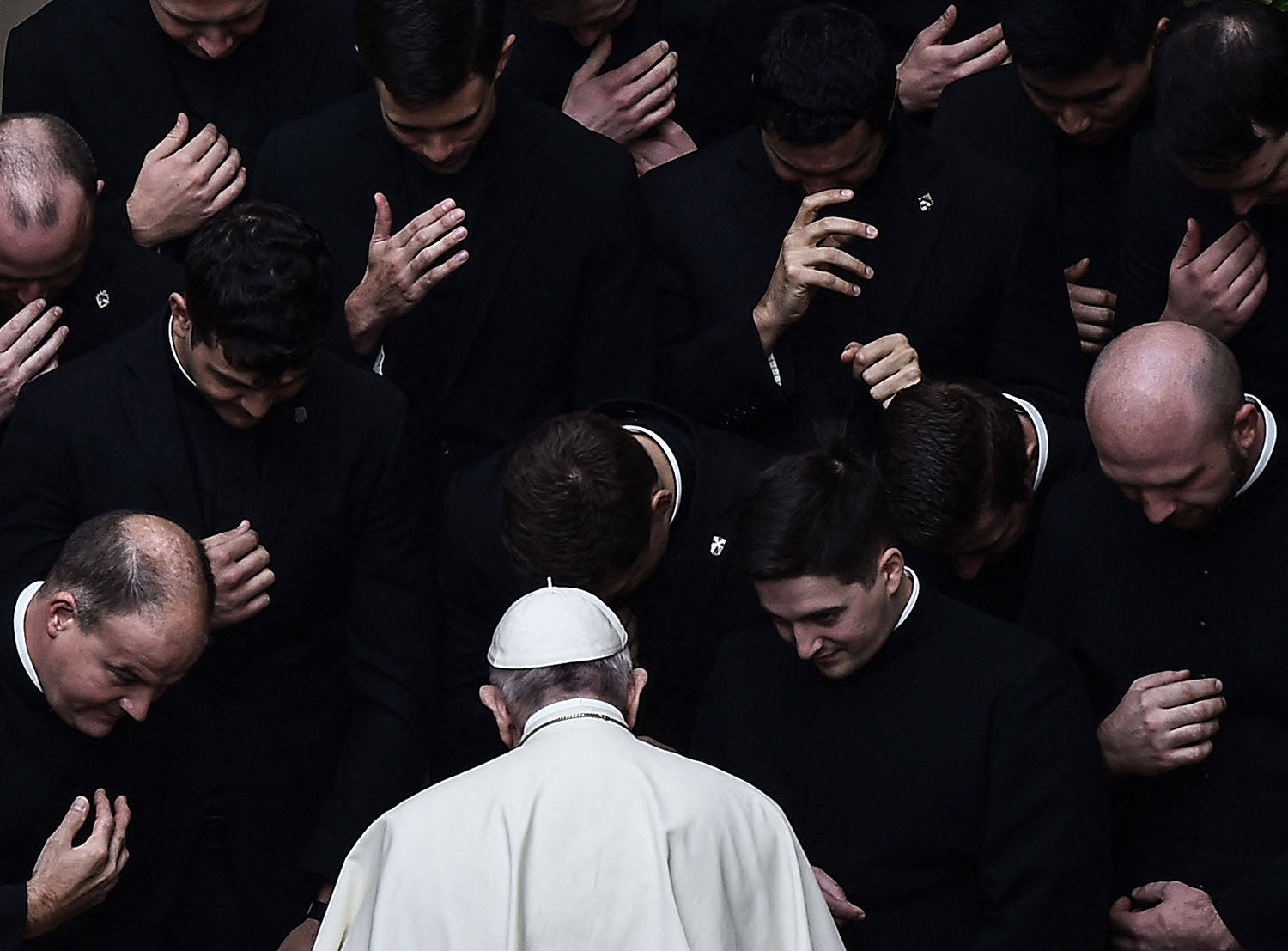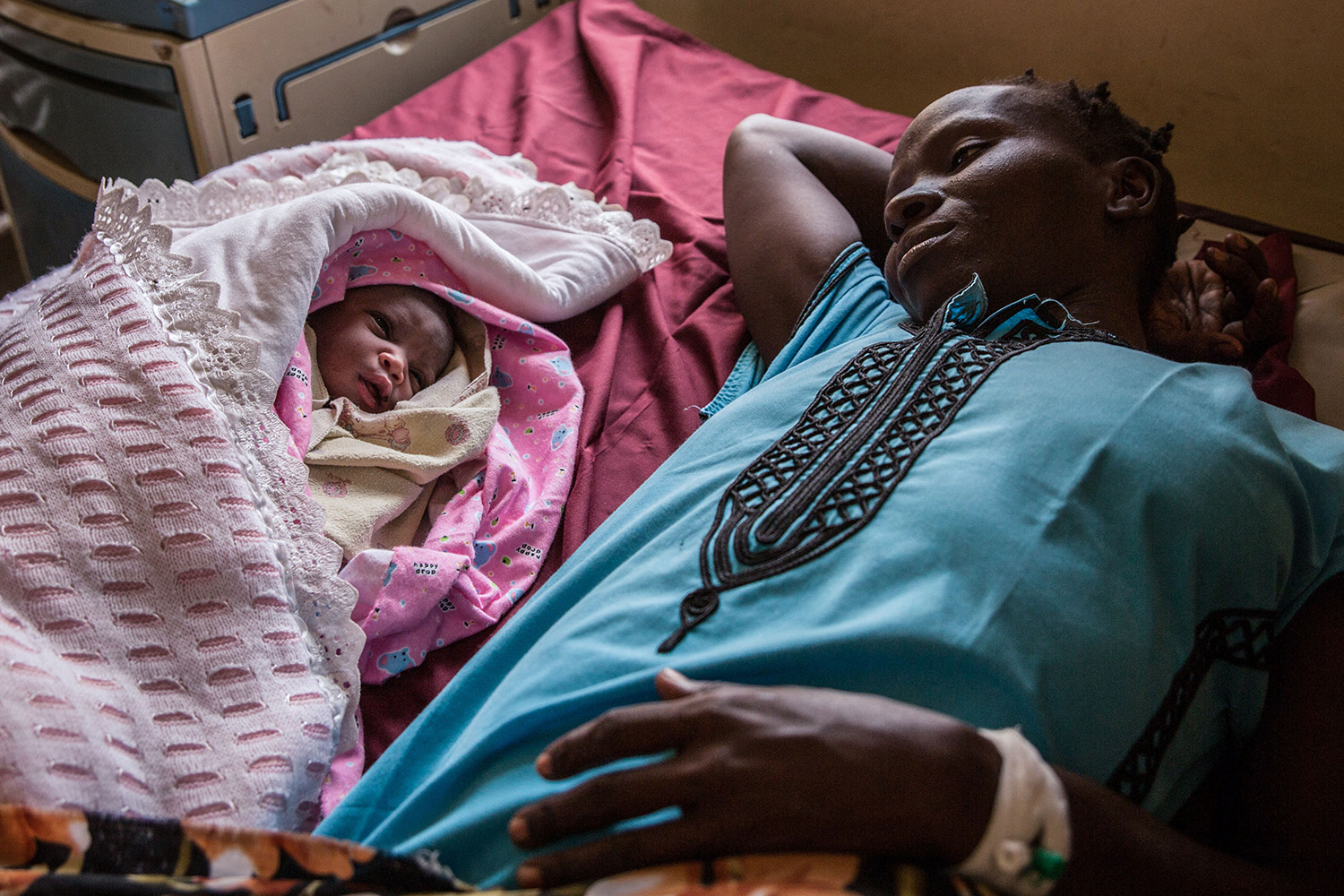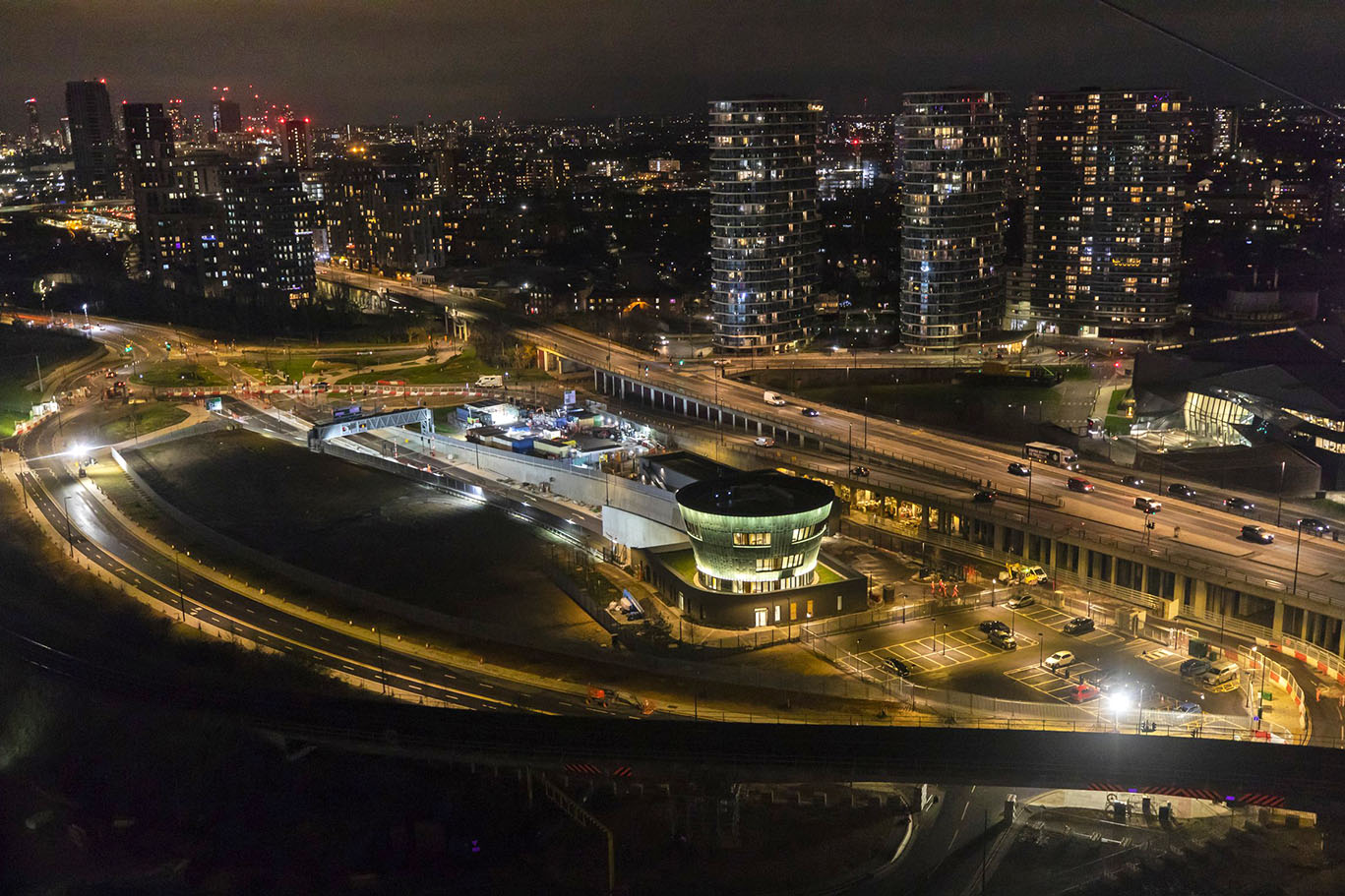
A Tortoise investigation has revealed a series of failures in the mental health care provided by the British Army. Highlander Nicki Hart was found dead at Catterick Garrison in February 2022, one of eight soldiers who died suddenly and unexpectedly at the army base over a four-year period.
Six of those deaths have been officially declared suicides. Hart had well-documented mental health problems. An internal army inquiry into his death acknowledged there were “missed opportunities” which “significantly” hindered efforts to help him.
The report made 13 recommendations for the service which provides primary health care for the armed forces.
Tortoise understands that when these recommendations were put to a senior medical officer, the officer is alleged to have requested that evidence collected as part of the inquiry into Hart’s death should be destroyed.
An inquest into his death started this week. The Ministry of Defence declined to comment on the allegations.
Well-placed army sources told Tortoise that they fear senior army leaders are so concerned about the organisation’s reputation that they don’t engage fully with some failings.
Of the eight soldiers who died suddenly and unexpectedly at Catterick Garrison between 2018 and 2022, four – including Hart – were from 4th Battalion, the Royal Regiment of Scotland.
An internal inquiry into Hart’s death recommended that the army investigate all recent deaths in this battalion, and possibly the rest of the units at Catterick Garrison, to consider whether there had been a cluster of suicides.
It also recommended an investigation into the professional conduct of Colonel Simon Bloodworth, an armed forces duty doctor who is alleged to have initially “refused” to see Hart for a consultation four months before his death.
The consultation did go ahead but it was described by the internal inquiry as “difficult”. Bloodworth determined that Hart’s concerns were welfare-related rather than mental health-related.
Hart is said to have left the consultation shaking and visibly upset, and later told family that he had felt “bullied” and that he was “never going to see a doctor again”.
Bloodworth did not respond to a request for comment. On Monday, at the inquest into Hart's death, he denied telling the soldier to “man up”.
Senior army sources said several doctors at Catterick Garrison don’t appear to take mental health seriously enough. They said the army continues to allow a “stigma” to attach to such cases, and that service personnel are afraid to raise mental health concerns in case it impacts their career prospects.
Tortoise reporting also revealed a pattern of similar failings among soldiers with a known history of mental health problems.
In January 2020 the body of Lance Corporal Bernard Mongan was found in his room at Catterick Garrison. He had been dead for roughly three weeks.
Planned welfare checks over the Christmas period had not been carried out and after the holidays finished his colleagues at Catterick Garrison believed he had left the base for a new posting.
A cause of death has not yet been determined although his wife Beth Mongan has expressed her belief, through a barrister, that he might have killed himself.
Mongan had previously attempted to kill himself and received help from the army. But when he moved battalions in 2017 his status on a suicide risk list wasn’t forwarded to his new unit. The same omission occurred in Hart’s case in 2013. In 2014 an inquest into the death of Corporal Anne-Marie Ellement called the failure to keep her vulnerability records up to date “unforgivably bad”.
In a statement, the Ministry of Defence said the death of any person in the Armed Forces is a tragedy, and that it recognises the profound impact on families and friends. It said suicide prevention is a defence priority.
If you or someone you know is struggling, you can call The Samaritans at any time for free on 116 123.








